Famous Hungarian and foreign songs will be performed in new Hungarian translations in the lyrical song recitals of László Kollár-Klemencz (vocals, guitar), Marcell Dargay (piano) and Róbert Farkas (violin, viola, accordion, guitar, buzuki) under the title Zabolátlan lovaim (My Unbridled Horses). The ensemble will perform songs by Jacques Brel, Yves Montand, Dalida, Vladimir Visocki, Johnny Cash, Benjamin Clementine, Paolo Conte, Marlene Dietrich, Tamás Cseh and Kex, as well as songs by Tamás Cseh. On 23 November, they will perform at Müpa Budapest with harpist Anastasia Razvalyayeva, Vika Kerekes and the Honvéd Male Choir. We talked to László Kollár-Klemencz about the concert and the Unbridled Horses, and also about the farewell tour of Kistehén, which is disbanding after 20 years.
Where did the idea for the My Unbridled Horses come from?
A friend of mine suggested that I should start a chanson evening with melancholic, intensely emotional songs. The formation started two years ago. Shortly after the release of our first album, the epidemic broke out, so the production couldn’t really grow and we couldn’t really show ourselves. The few gigs we did were just enough to get the songs in and to get it together. We would like to play as much as possible at home and abroad. We already have invitations abroad and a new album is scheduled for next year.
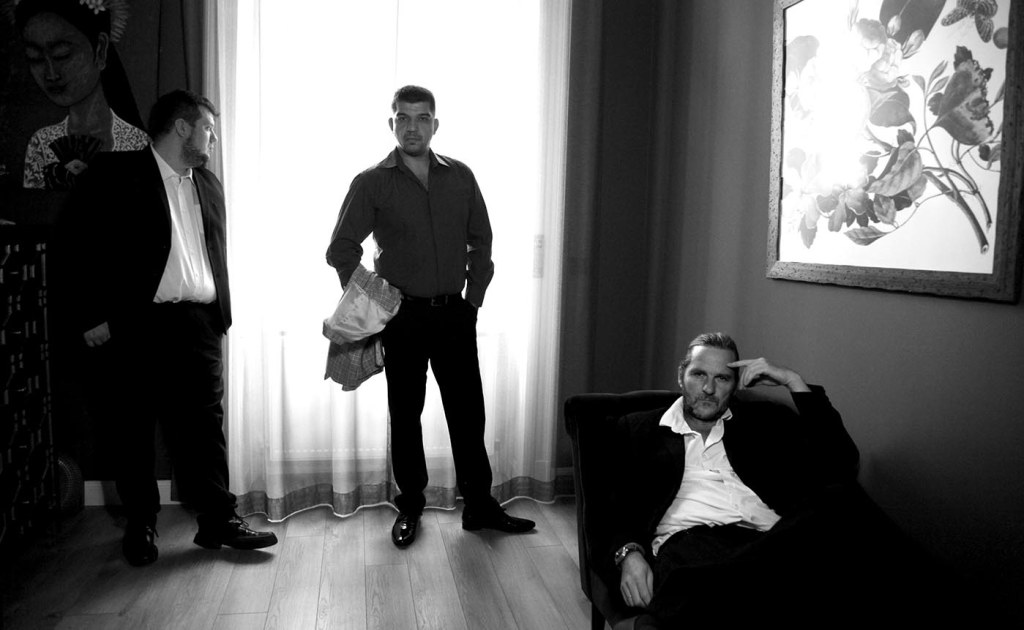
In addition to the usual set-up, several guest performers will take to the stage at Müpa Budapest for the concert on the 23rd. How can they complement the band?
Vica Kerekes has appeared in two previous videos of My Unbrindled Horses. The opportunity presented itself to have her join us at the Müpa concert, as the theme of female-male relationships is a strong one in the Zabolátlan lovaim evenings. Anastasia Razvalyayeva will also be on stage. The world of the harp fits well with the mood of the evening, making the songs timeless. With the harp accompaniment, the songs can be put into a completely different context. We considered an additional female vocal voice, but realised it would disrupt the suggestive atmosphere of the concert. Instead, we wanted to reinforce the personal tone of the singing, so we decided to bring in the Honvéd Male Choir.
How are rehearsals going ahead of the concert date?
This week is very busy. I’ve just come from a rehearsal where we’ve been working on the songs we’ve done so far, as well as re-thinking the ones that will feature guest performers. We’re practising with the choir for the second half of the week, and Anastasia will be joining us this weekend.
You are in several formations. What challenges does My Unbridled Horses offer compared to these?
I’ve always felt it was important to deal with songs with a progressive approach, while respecting the values of old music. In My Unbridled Horses, our repertoire includes many arrangements, but it is more than just covers, because we always come up with something new, while keeping the strong values of the original songs and trying to add new layers. We follow the same principle when re-translating lyrics. Although many songs have been translated into English before, we try to bring them closer to today’s people with our reworkings.

Among the songs in your repertoire are songs by Kex and Tamás Cseh. How difficult is it to reinvent the songs of a cult Hungarian artist like Tamás Cseh?
I don’t feel it’s difficult. Tamás Cseh’ songs resonate on a wave that we Hungarians can easily identify with. We had a much harder time with the songs of Johnny Cash, who is a huge favorite of mine, but that alone was not enough to make it easy to include him in the show My Unbridled Horses. It took a long time to find a song that we could cover and put into the programme. It’s one thing to know what you’re passionate about, but it’s also whether you can touch it properly. With the other Johnny Cash songs, it felt like driving an American truck across the Liberty bridge.
You’ll be playing your last club gigs with Kistehén in December, and as you’ve already announced, the band will be winding down in 2022. “I’ve outgrown the genre of pop-rock and it’s become uncomfortable,” you said in a recent interview. How long have you felt this way?
I started to feel that pop-rock had outgrown me a few years ago, but I’ve been moving in that more melancholic musical direction for over ten years, the first fruits of which was the Man in the Tree album. One after another came the slower, more personal, more restrained, lyric-centred albums, and I increasingly felt that this world was much closer to me than the blaring pop-rock world of Kistehén. When we wrote our last album, Sorry, I knew I didn’t want to make any more music like that because it wasn’t a language I could really express myself in.
Many people know you from Kistehén and the band has been part of your life for a long time. Did it hurt to make the decision and say that the band is over in this form?
In the last few years I have started the My Unbridled Horses project. For a while I have not put so much emphasis on the Kistehén, and the orchestra probably felt that. They also started to look for other formations where they could develop. Not everyone agreed with the break-up of Kistehén. Some of us wanted to continue, but in the end they accepted the decision. It could have been continued. We could have given another twenty good gigs a year, but I didn’t want to keep a band that wasn’t ready for a new album, and I was sure I didn’t want to write a new album. I don’t want to be a musician who had a heyday and then makes a retro concert out of it. I’m saying goodbye to Kistehen and pop-rock, but I want to be as active as before, only in projects of a more classical genre, like My Unbridled Horses or a chamber orchestra.
Interview: Zsolt Várkonyi
Translation: Nóra Fehér

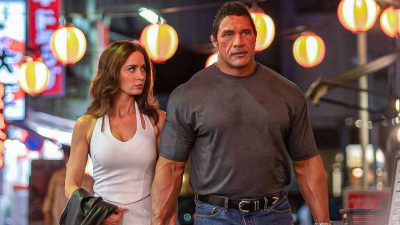
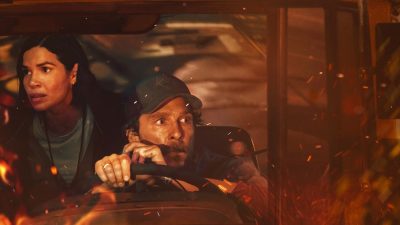
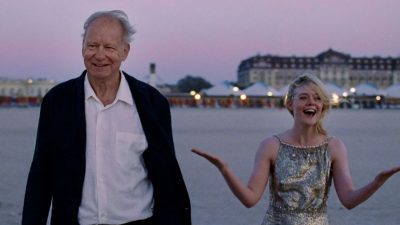

















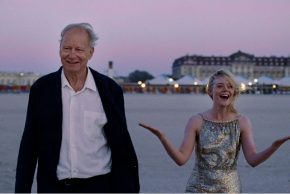
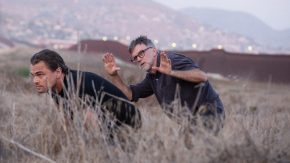
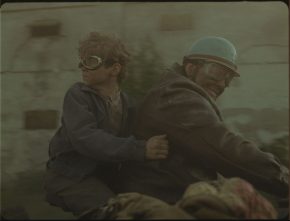
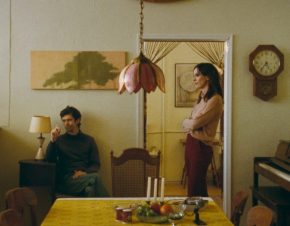
Comments